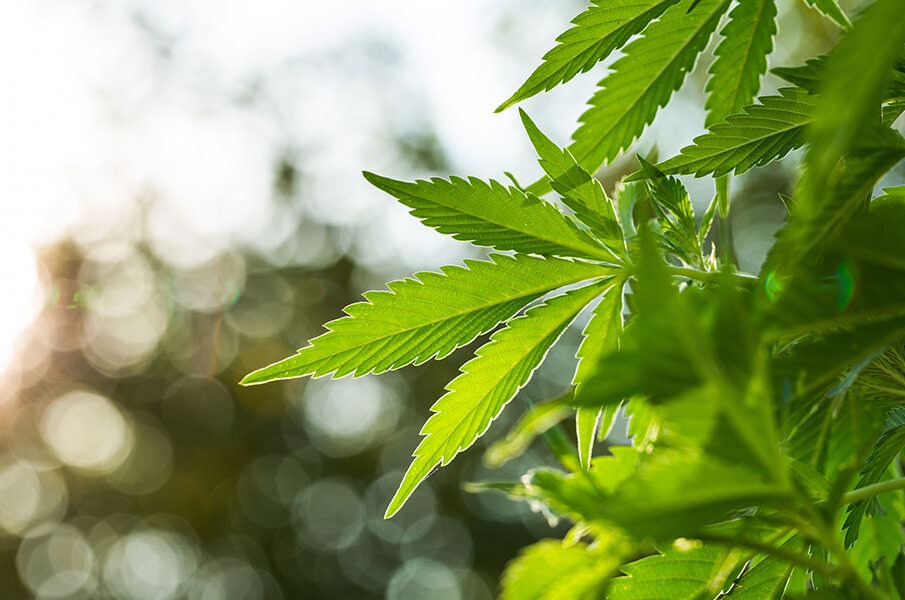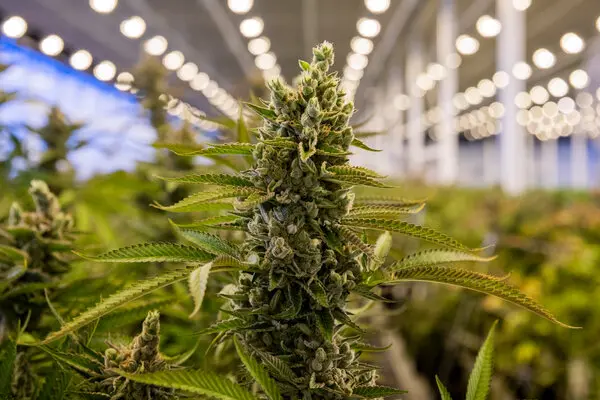The Importance of Lab Testing for Delta-8 Products

The rapid growth of the Delta-8 THC market has introduced a plethora of products ranging from gummies to tinctures. As a milder alternative to Delta-9 THC, Delta-8 offers a manageable psychoactive experience, attracting both recreational users and those seeking therapeutic benefits. However, with the market expanding faster than regulatory oversight, concerns about safety, consistency, and transparency have come to the forefront. Lab testing plays a pivotal role in addressing these challenges, ensuring that consumers can trust the products they use.
What is Lab Testing for Delta-8 Products?
Lab testing involves analyzing Delta-8 products in a controlled environment to evaluate their composition, potency, and safety. Accredited third-party laboratories test for cannabinoid concentrations, contaminants, and other components to ensure that the products meet industry standards.
Comprehensive lab reports typically include:
- Cannabinoid Profile: The percentage of Delta-8 THC, CBD, and other cannabinoids present in the product.
- Contaminant Screening: Detection of pesticides, heavy metals, residual solvents, and microbial contaminants.
- Terpene Analysis: Identification of terpenes, which contribute to flavor and potential therapeutic effects.
These tests provide manufacturers and consumers with an accurate understanding of the product’s quality and safety.
Why Lab Testing is Crucial for Delta-8 Products
1. Ensuring Consumer Safety

The primary reason for lab testing is to safeguard consumer health. Unregulated Delta-8 products often contain harmful substances due to poor manufacturing practices.
- Contaminants: During production, harmful residues such as pesticides, heavy metals, or solvents can be left behind. Consuming these can lead to adverse health effects, ranging from mild nausea to severe toxicity.
- Synthetic Additives: Some manufacturers cut corners by using synthetic Delta-8 THC or adding undisclosed substances to enhance effects, which poses significant health risks.
Lab testing identifies and eliminates these hazards, ensuring that only safe products reach the market.
2. Product Consistency and Potency
Inconsistent dosing is a common issue in the unregulated Delta-8 market. Consumers rely on accurate labeling to determine the potency of a product and its effects.
- Dosage Reliability: Lab testing ensures that the stated concentration of Delta-8 THC matches what’s inside the product. This consistency is especially important for new users, who may be more sensitive to cannabinoids.
- Predictable Effects: Products with consistent cannabinoid profiles allow consumers to enjoy predictable experiences, whether they’re seeking relaxation, focus, or pain relief.
3. Building Consumer Trust
Trust is the cornerstone of any successful industry. In a market flooded with questionable products, lab testing helps distinguish reputable brands.
- Transparency: Manufacturers who provide detailed lab reports foster transparency and empower consumers to make informed decisions.
- Credibility: Brands that invest in testing gain credibility, attracting loyal customers who prioritize quality.
For instance, leading brands like BudPop.com emphasize third-party lab testing as a key differentiator, helping consumers feel confident in their purchases.
How Lab Testing Supports Industry Growth
1. Strengthening Regulation Compliance
The legal status of Delta-8 THC varies across jurisdictions. While the 2018 Farm Bill federally legalized hemp-derived cannabinoids containing less than 0.3% Delta-9 THC, Delta-8 exists in a gray area.
- Adapting to Evolving Laws: As regulations develop, lab testing ensures compliance with existing laws and positions companies for future success.
- Legitimizing the Industry: Rigorous testing demonstrates the industry’s commitment to quality, paving the way for broader acceptance and regulation.
2. Encouraging Responsible Manufacturing
Manufacturers who prioritize lab testing adhere to higher standards, pushing the industry toward more responsible practices. By ensuring product quality and safety, these companies set a benchmark that others must follow to remain competitive.
Understanding Lab Test Reports
For consumers, learning how to interpret lab reports is essential. Here’s what to look for:
- Cannabinoid Potency: Verify the percentage of Delta-8 THC, Delta-9 THC, and other cannabinoids to ensure the product aligns with your desired effects.
- Contaminant Screening: Check for results indicating non-detectable levels of harmful substances like pesticides, heavy metals, and solvents.
- Third-Party Accreditation: Ensure the report comes from an independent, accredited lab to avoid potential biases.
Consequences of Skipping Lab Testing
1. Health Risks for Consumers
Without lab testing, consumers are exposed to harmful substances that may cause immediate or long-term health issues. Examples include heavy metal poisoning, allergic reactions, and respiratory problems from solvent residues.
2. Erosion of Trust
If consumers encounter mislabeled or unsafe products, their trust in the industry diminishes. This can lead to stricter government crackdowns, reducing access to Delta-8 products for all consumers.
Case Studies: Lab Testing in Action
VCU Study on Delta-8 Products
A study conducted by Virginia Commonwealth University (VCU) revealed that many Delta-8 THC products were mislabeled and contained harmful synthetic additives. These findings underscore the necessity of rigorous lab testing to protect consumers and uphold industry standards.
BudPop.com: Setting an Example
Brands like BudPop.com demonstrate the importance of transparency by prominently displaying third-party lab reports for their products. By investing in testing, they provide consumers with safe, reliable options and set a precedent for other manufacturers.
How to Find Tested Delta-8 Products
1. Check for Third-Party Certification
Reputable brands always make lab reports available. Look for a Certificate of Analysis (COA) that details the cannabinoid profile and contaminant screening results.
2. Prioritize Transparent Brands#
Choose companies like BudPop.com, which openly share their testing processes and results, ensuring that you know exactly what you’re buying.
3. Research the Lab
Verify that the testing lab is accredited by organizations like ISO or DEA-registered for reliable results.
Conclusion
Lab testing is not just an optional quality check; it is a necessity in the Delta-8 industry. By ensuring consumer safety, maintaining product consistency, and promoting transparency, lab testing safeguards the reputation and growth of this rapidly expanding market.
As a consumer, always prioritize products accompanied by third-party lab reports to protect your health and make informed decisions. For manufacturers, investing in lab testing demonstrates a commitment to quality and positions their brand as a trusted leader in the industry.
With trusted brands like BudPop.com leading the way in transparency and quality, the Delta-8 market is poised for a safer, more reliable future












